Economic Effects Agent Orange kills vegetation of all kind, destroying roots as well So what was discovered was that, although Agent Orange was used to temporarily destroy foliage, it had an everlasting effect on the nation Vietnam today is troubled trying to grow crops, the layer of top soil was washed away after the monsoons which beforeBirth defects and heart problems are showing up not only in the children, but the grandchildren of veterans who served in America's military during the Vietnam War The question is whether Agent Orange, a powerful poison sprayed by the military to wipe out vegetation, is a contributing factor Emma Ackerson, 9, of Holiday, looksAgent Orange was designed to destroy vegetation but also resulted in terrible health defects in humans 15 Metal bed The shocking images were taken by American photographer Matt Lief Anderson, 30,

Why Agent Orange
What are some of the effects of agent orange
What are some of the effects of agent orange-Agent Orange is the herbicide sprayed by the millions of gallons all over South Vietnam during the war from The operation was designed to remove the triplecanopy jungle and otherAgent Orange barrel on Okinawa and Marine Scott Parton on Okinawa 1971 Group of US military C123 aircraft spraying Agent Orange over Vietnamese jungle Rusting Agent Orange barrels at Johnston Atoll, circa 1976 Mangrove forests, like the top one east of Saigon, were often destroyed by herbicides
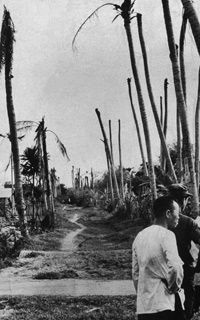


How Agent Orange Worked Uat Browser Howstuffworks
Legislation on Agent Orange falls primarily into three categories (1) health care—access to VA medical centers for veterans exposed to Agent Orange during service in Vietnam;AND ENVIROMMENTAL EFFECTS OF AGENT ORANGE/DIOXINS DIOX0216 3 certain broadleaf vegetation could be killed by causing the plants to experience sudden, uncontrolled growth It was similar to giving the plants cancer by introducing specific chemicals In some instances, deterioration of the vegetation was noticed within 2448 hours of the of theAgent Orange is a mixture of toxic chemicals that kills vegetation and is mixed with kerosene and diesel fuel so that it sticks to plants for a long period of time (Trautman, 1) When sprayed onto vegetation Agent Orange kills it within days and also pollutes the soil and water
SCIENCE, TECHNOLOGY, AND SOCIETY Trace amounts of dioxin were present in Agent Orange, a defoliant sprayed on vegetation during the Vietnam War Animal tests suggest that dioxin can cause birth defects, cancer, liver and thymus damage, and immune system suppression, sometimes leading to deathWhile Agent Orange may be the most wellknown chemical used during the Vietnam War, it wasn't the only one An entire rainbow of new chemical formulations rained down on Vietnam's forests andUSE OF AGENT ORANGE FINALLY ENDED Despite the order, some troops continued to use Agent Orange when they ran out of the other rainbow herbicides Finally, in early 1971, the US Surgeon General prohibited the use of Agent Orange for home use because of possible harmful effects on humans and on June 30, 1971, all United States defoliation
The question is whether Agent Orange, a powerful poison sprayed by the military to wipe out vegetation, is a contributing factor Emma Ackerson, 9, of Holiday, looks like any other little girl playing her with dog But this list of Emma's medical problems keeps growing Connective tissue disorder, which is EDS (Ehlers Danlos syndrome)When deployed, Agent Orange kills vegetation of all types, destroying roots as well Leaves die and fall off, transforming a thick forest into a mass of barren trees Once green areas turn black A sharp, unpleasant odor fills the air source GlabersonURBANA, Ill – During the Vietnam War, United States aircraft sprayed more than million gallons of herbicides, including dioxincontaminated Agent Orange, on the country's rain forests, wetlands, and croplands Agent Orange defoliated the thick jungle vegetation concealing Viet Cong fighters and destroyed a portion of the country's food crops, but it was primarily the
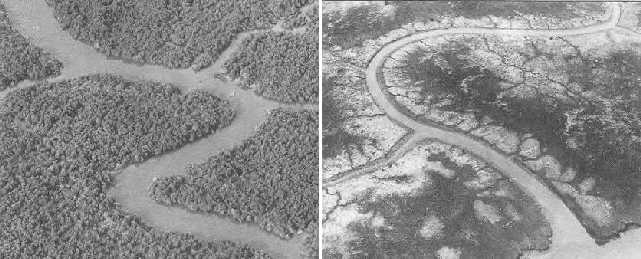


Agent Orange



Agent Orange Wikipedia
Agent Orange, a mixture of the chlorophenoxy herbicides 2,4D and 2,4,5T, was extensively used by US military during Vietnam War in order to destroy forest and other vegetation from the premises of US bases About 19 million gallons were used on ∼36 million acres of land in Vietnam and Laos during the period from 1962 to 1971Agent Orange Agent Orange is a type of herbicide It was used throughout Vietnam during the Vietnam War between 1962 and 1971 The herbicide was used to kill vegetation that the enemy forces used for cover After many military service people returned from the war, they began to experience an array of health problemsFebruary 27, 19 Birth defects and heart problems are showing up not only in the children, but the grandchildren of veterans who served in America's military during the Vietnam War The question is whether Agent Orange, a powerful poison sprayed by the military to wipe out vegetation, is a contributing factor
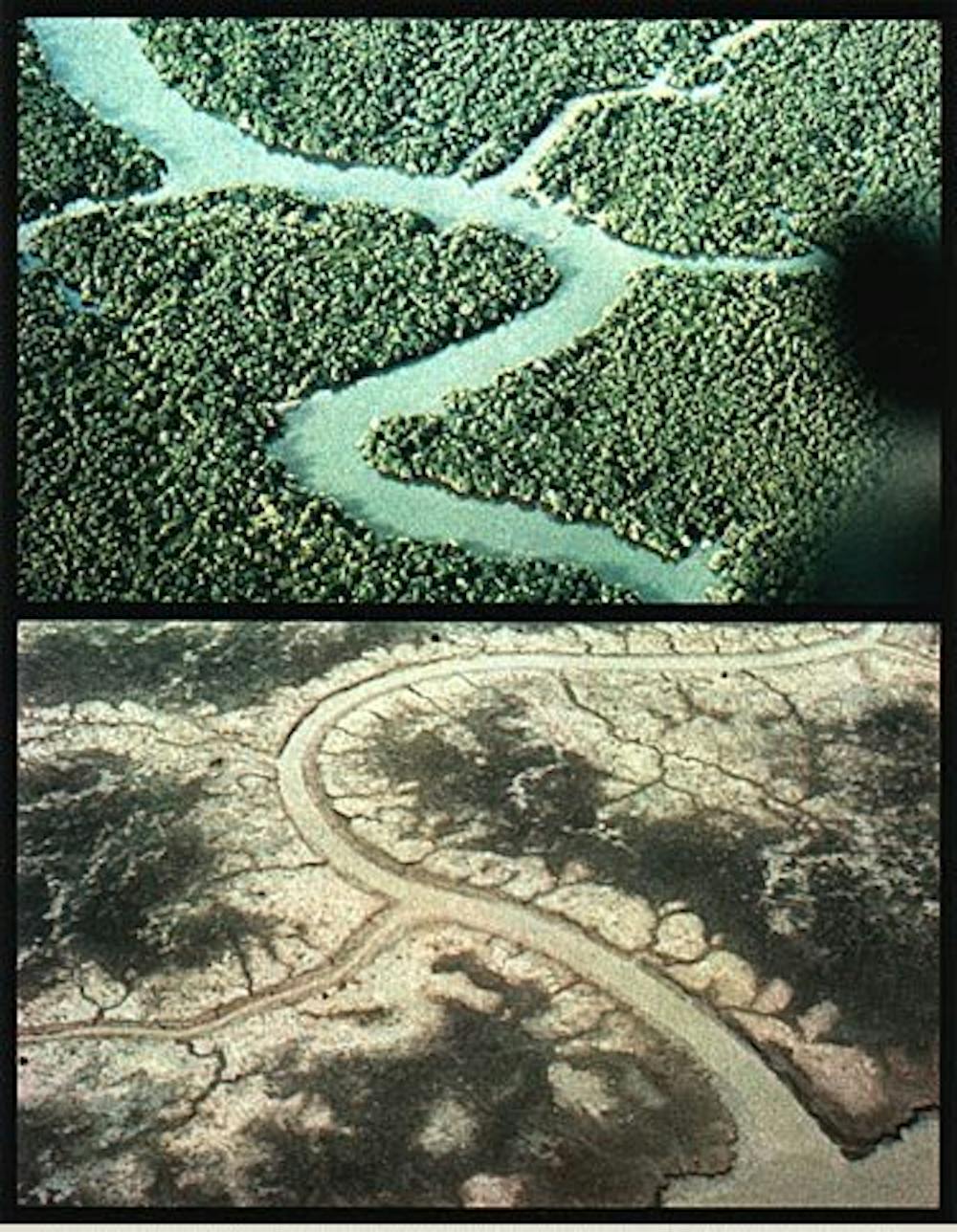


Agent Orange Exposed How U S Chemical Warfare In Vietnam Unleashed A Slow Moving Disaster


Agent Orange Humans Body Used Water Life Plants Type Chemical
1310Agent Orange was a tactical herbicide used by the US military for control of vegetation It was named for the orange band around the storage barrel The military sprayed Agent Orange and other tactical herbicides during the Vietnam WarBut, this Agent Orange Exposure is done by the government, but not willing help the families of the veteran Now me and my siblings, got to live the rest of our life's with this disability For me, I have 38 out of about 800 side affects of Agent Orange exposure, so far and symptoms I do have, disable me enough not to be able to workAmong the Vietnamese, exposure to Agent Orange is considered to be the cause of an abnormally high incidence of miscarriages, skin diseases, cancers, birth defects, and congenital malformations (often extreme and grotesque) dating from the 1970s


Agent Orange 245t Molecule Of The Month December 00 Html Version



Jungle Rot Geographical Imaginations
Agent Orange was one of a suite of six colorcoded chemical herbicides developed by the United States government which was used from 1961 to 1970 in the Vietnam War by US military forces to defoliate the dense jungle vegetation of South VietnamAgent Orange is a chemical weapon most notably used by the US Military during the Vietnam War, classified as a defoliant Its primary purpose was strategic deforestation, destroying the forest cover and food resources necessary for the implementation and sustainability of the North Vietnamese style of guerilla warfare The US Agent Orange usage reached an apexAgent Orange Effect 8 Words 4 Pages Agent Orange was a highly poisonous herbicide used during the Vietnam War for defoliation of forests and crop destruction ("agent orange") Agent Orange is one of the many Rainbow herbicides such as Agent Pink, Agent Green, Agent White, Agent Purple, and Agent Blue used during the war



How Agent Orange Worked Uat Browser Howstuffworks


Why Was Agent Orange Dropped Over Jungles In Vietnam In The 70s What Effects Even To This Day Did This Have On Babies And The Environment Quora
TCDD) pollution in the Passaic River dates back to the 1940s, well before the Vietnam War when the US military used Agent Orange to kill jungle vegetation and Vietnamese food crops including cassava ( Manihot esculenta ), maize ( Zea mays ), sweet potato ( Ipomoea batatas ), and nutsThe key constituent of Agent Orange is dioxin a horrifying chemical that makes total war not just on vegetation but also on the roots and essences of life itself The orange, inOver million gallons (90 million liters) of Agent Orange were poured over Vietnam's rainforests, wetlands, and croplands It defoliated the vegetation, destroyed a significant part of
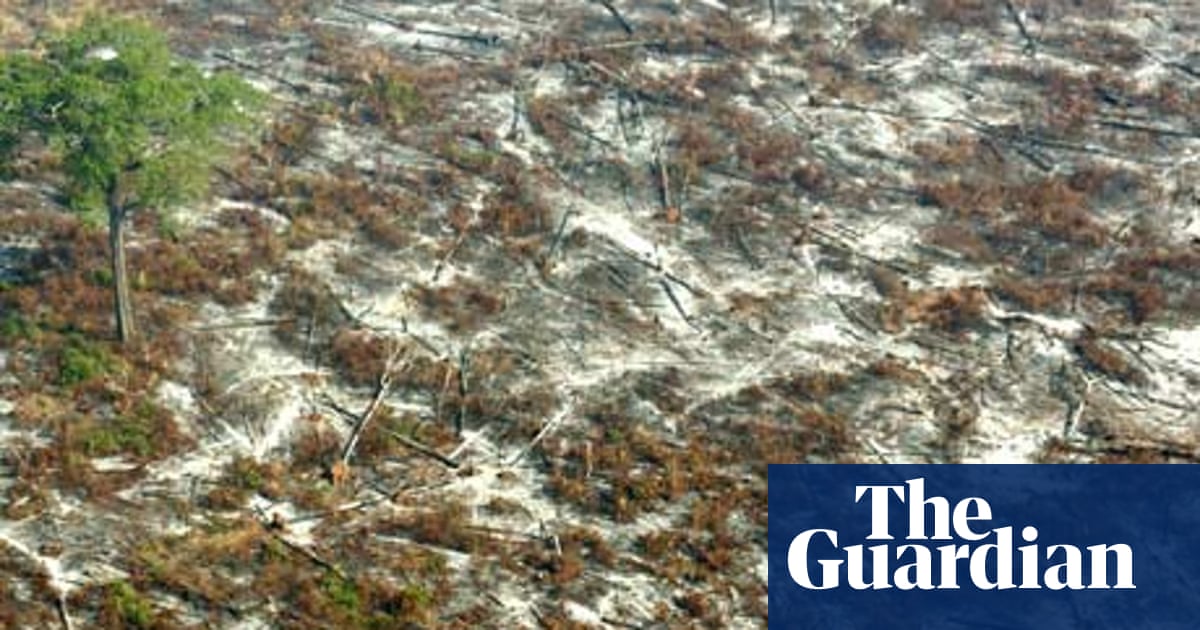


Amazon Facing New Threat Agent Orange Amazon Rainforest The Guardian



Why Agent Orange
(2) scientific research—the human health effects of exposure to Agent Orange in Vietnam, and how best to address the special needs of those veterans who may have beenHerbicides, including Agent Orange, other than their use in South Vietnam 5 The only documented use of tactical herbicides in Korea occurred in April – July 1968 as part of a program to control vegetation on the Korean Demilitarized Zone and included Agents Orange and Blue 6Agent Orange has also caused enormous environmental damage in Vietnam Over 3,100,000 hectares (31,000 km 2 or 11,969 mi 2) of forest were defoliated Defoliants eroded tree cover and seedling forest stock, making reforestation difficult in numerous areas Animal species diversity sharply reduced in contrast with unsprayed areas



4 4 The Use And Effects Of Agent Orange In Vietnam Environmental Biology



The Lethal Legacy Of The Vietnam War Food And Environment Reporting Network
Problem 14 Easy Difficulty Trace amounts of dioxin were present in Agent Orange, a defoliant sprayed on vegetation during the Vietnam War Animal tests suggest that dioxin can cause birth defects, cancer, liver and thymus damage, and immune systemAgent Orange, the most widely used of those defoliants, destroyed five million acres of Vietnamese forests and damaged some 500,000 acres of cropland The herbicide contains dioxin, one of the most toxic substances known to science, which remained in the contaminated soil and sediment of water bodies for decadesNamed for the colored stripe painted on its barrels, Agent Orange — best known for its widespread use by the US military to clear vegetation



Agent Orange And Other Color Coded Herbicides Were Sprayed By Low Download Scientific Diagram



Agent Orange Definition Effects Victims Britannica
Although Agent Orange is no longer utilized due to its dangerous nature,generations can still feel the aftereffects of its usage in Vietnam more than 40 years ago An orange barrel containing equal amounts of 2,4,5T and 2,4D Due to the orange color of the barrel, the herbicide was nicknamed "Agent Orange"0103The current 2,3,7,8tetrachlorodibenzodioxin (C12H4Cl4O2;An indirect effect of the Agent Orange spraying is the poor fertility of soil in many areas, due to erosion following the destruction of soilbinding vegetation Reduction of animal habitat As the rich, biodiverse, tropical forests disappeared, so did habitat for indigenous animals
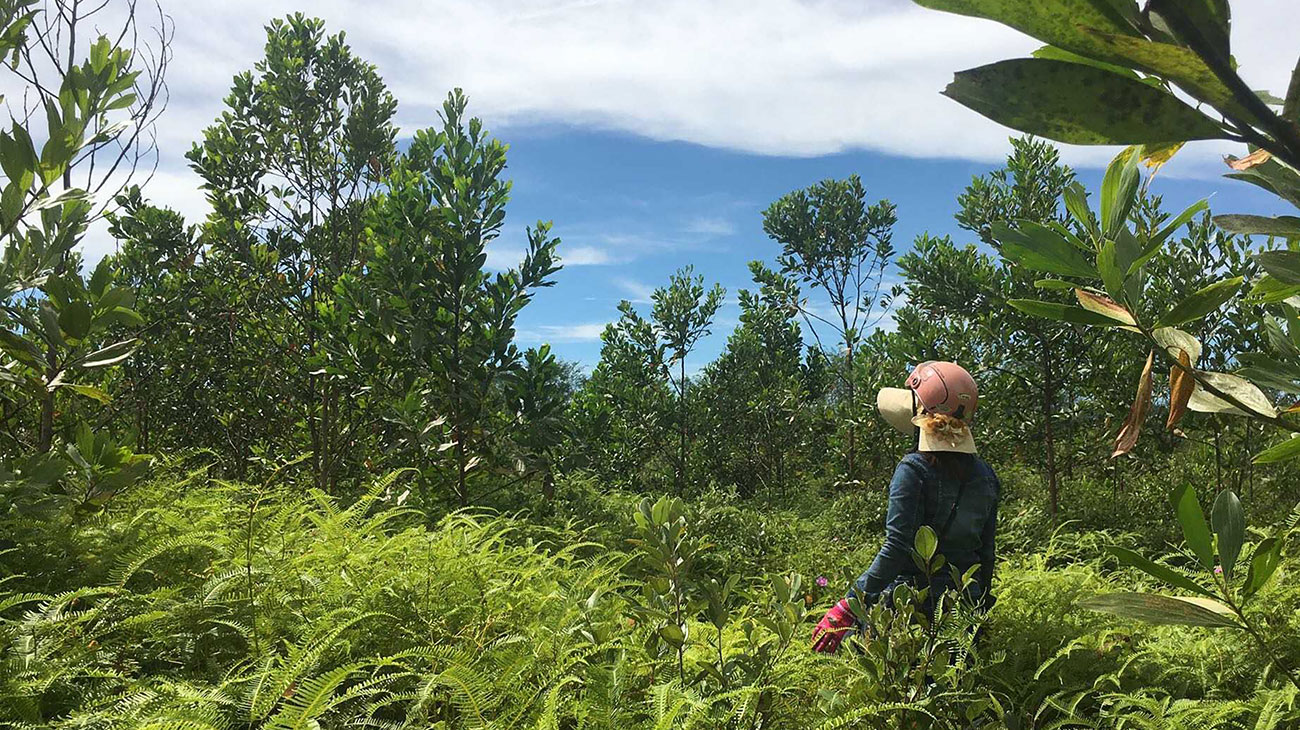


Agent Orange In A Luoi Valley The Architectural League Of New York



Nature 50 Years After The Us Army Sprayed Agent Orange Over Vietnam The Wildlife Is Fighting Back The Sunday Times Magazine The Sunday Times
Agent Orange defoliated the thick jungle vegetation concealing Viet Cong fighters and destroyed a portion of the country's food crops,Over million gallons (90 million liters) of Agent Orange were poured over Vietnam's rainforests, wetlands, and croplands It defoliated the vegetation, destroyed a significant part of the food crops, and exposed over 4 million people to the harmful effects of the herbicideAgent Orange Exposure According to the VA's "American Wars Fact Sheet", the Vietnam War was official from However, in 1961, a deadly herbicide was developed by the Monsanto Corp earlier than the official start of the war



Agent Orange S Long Legacy For Vietnam And Veterans The New York Times
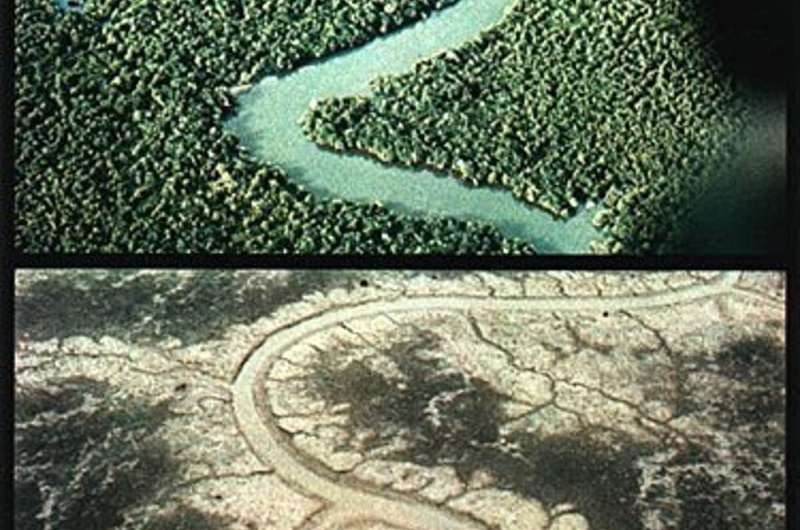


How U S Chemical Warfare In Vietnam Unleashed An Enduring Disaster
Wild boar, wild goat, water buffalo, tiger, and various species of deer became less common once the cover and food resources of the forest were removed Domestic animals such as water buffalo, zebus (an Asian ox), pigs, chickens, and ducks were also reported to become ill after the spraying of Agent OrangePeople living in areas sprayed with herbicides suffer from food shortages due to the destruction of vegetation Many civilians, soldiers living in areas sprayed with toxic chemicals have suffered from dangerous diseases, especially cancer Many women have miscarriage and premature birth Agent orange has left its legacy for the next generation of Vietnamese peopleAgent Orange defoliated the thick jungle vegetation concealing Viet Cong fighters and destroyed a portion of the country's food crops,



Are You A Vietnam Veteran Help Us Investigate The Impact Of Agent Orange Vietnam Veterans Agent Orange Vietnam


Timberland Herbicide Spraying Sickens A Community Fallout High Country News Know The West
More than 10 years of US chemical warfare in Vietnam exposed an estimated 21 to 48 million Vietnamese people to Agent Orange More than 40 years on, the impact on their health has been staggering17The real impact of Agent Orange, though, took years to come out 4 million people had been exposed to a chemical that could wipe out any form of plant life it touched Despite what the chemical's producers had promised, it wasn't harmless Agent Orange caused health problems in the people who'd breathed it in, and even worse ones in their childrenAgent Orange had numerous devastating effects on not only the people intended but also other innocent people not involved with the war Agent Orange was created by a group of chemical companies including Dow, Monsanto, Hercules, Northwest Industries, Diamond Shamrock and North American Phillips (Agent Orange Record)
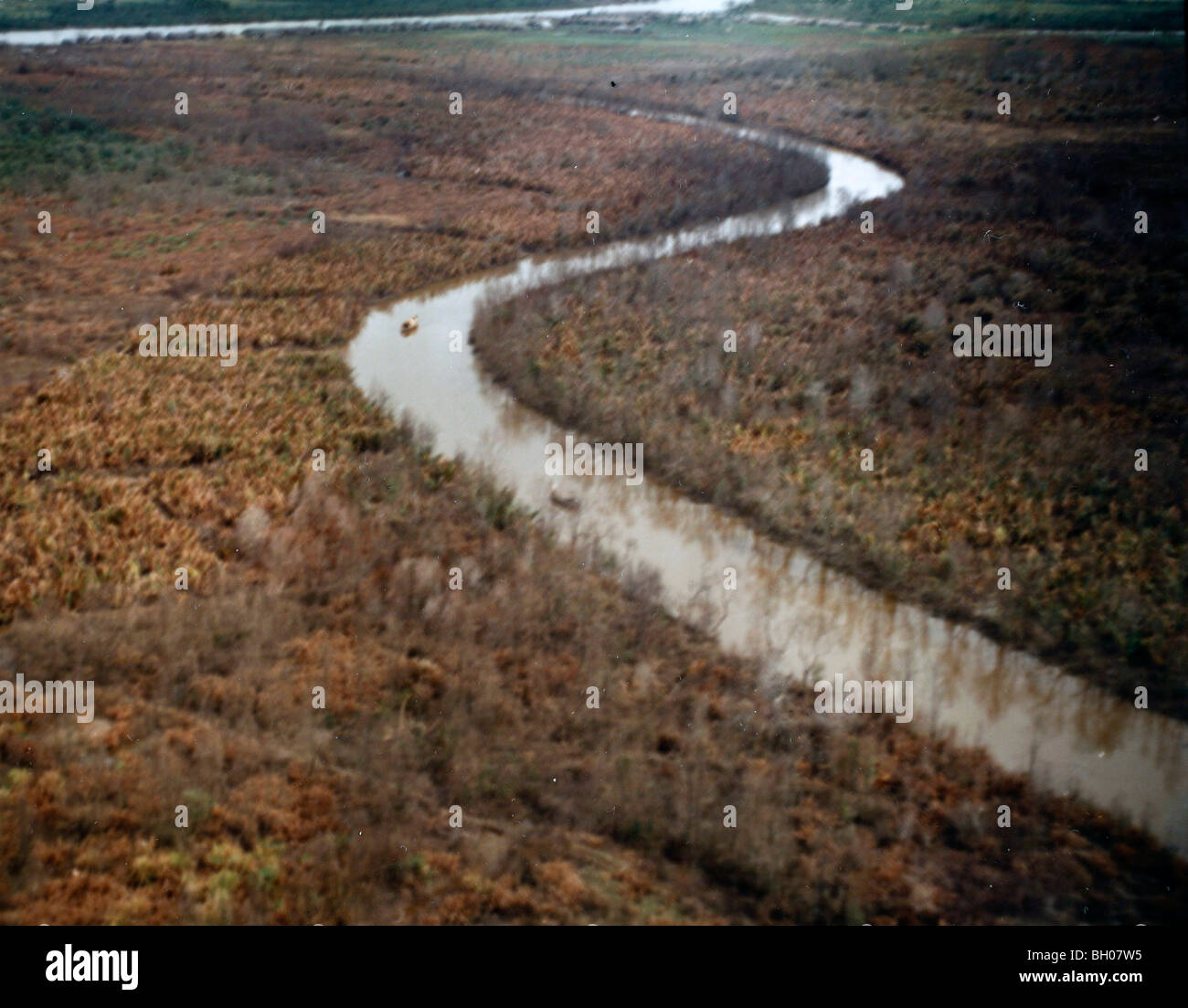


Photo Depicts Deterioration Of Vegetation Likely Caused By Agent Orange Or A Similar Defoliant Used During The Vietnam War Stock Photo Alamy
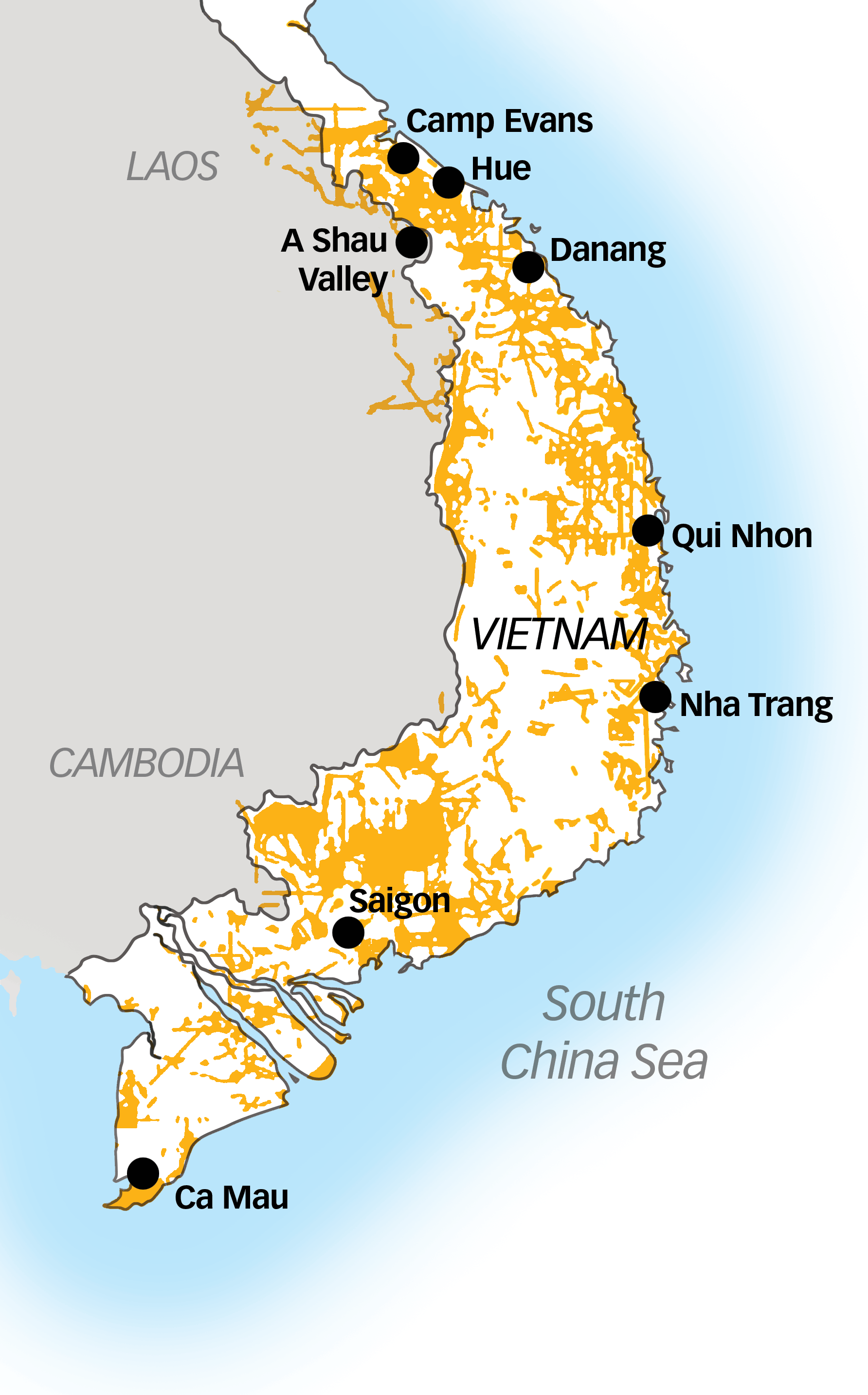


The Vva Veteran A Publication Of Vietnam Veterans Of America
Dioxin in Agent Orange In addition to Agent Orange's active ingredients, which caused plants to "defoliate" or lose their leaves, Agent Orange contained significant amounts ofWhat effect did Agent Orange have on the environment?2811Unlike the effects of another chemical weapon used in Vietnam – namely napalm, which caused painful death by burns or asphyxiation – Agent Orange exposure did not affect its victims immediately
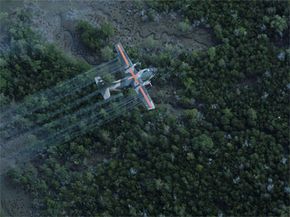


Loh Vpfncs Zm


I Ve Had More Exposure To Agent Orange Than Anyone Here S What I Know American Council On Science And Health
2107Vietnam Veterans have had concerns about the health effects of Agent Orange and other tactical herbicides on future generations The National Academies of Sciences, Engineering, and Medicine (NASEM), an independent, nongovernmental organization, has an agreement with VA to review the latest scientific literature on the longterm health effects of Agent Orange and


A Chemical Attack That Killed A Countryside Scarred A People Facts So Romantic Nautilus



Agent Orange Military Com



Nature 50 Years After The Us Army Sprayed Agent Orange Over Vietnam The Wildlife Is Fighting Back The Sunday Times Magazine The Sunday Times



Is Roundup Similar To Agent Orange Study Com


8 Reproductive Health Effects And Effects On Descendants Veterans And Agent Orange Update 11 18 The National Academies Press
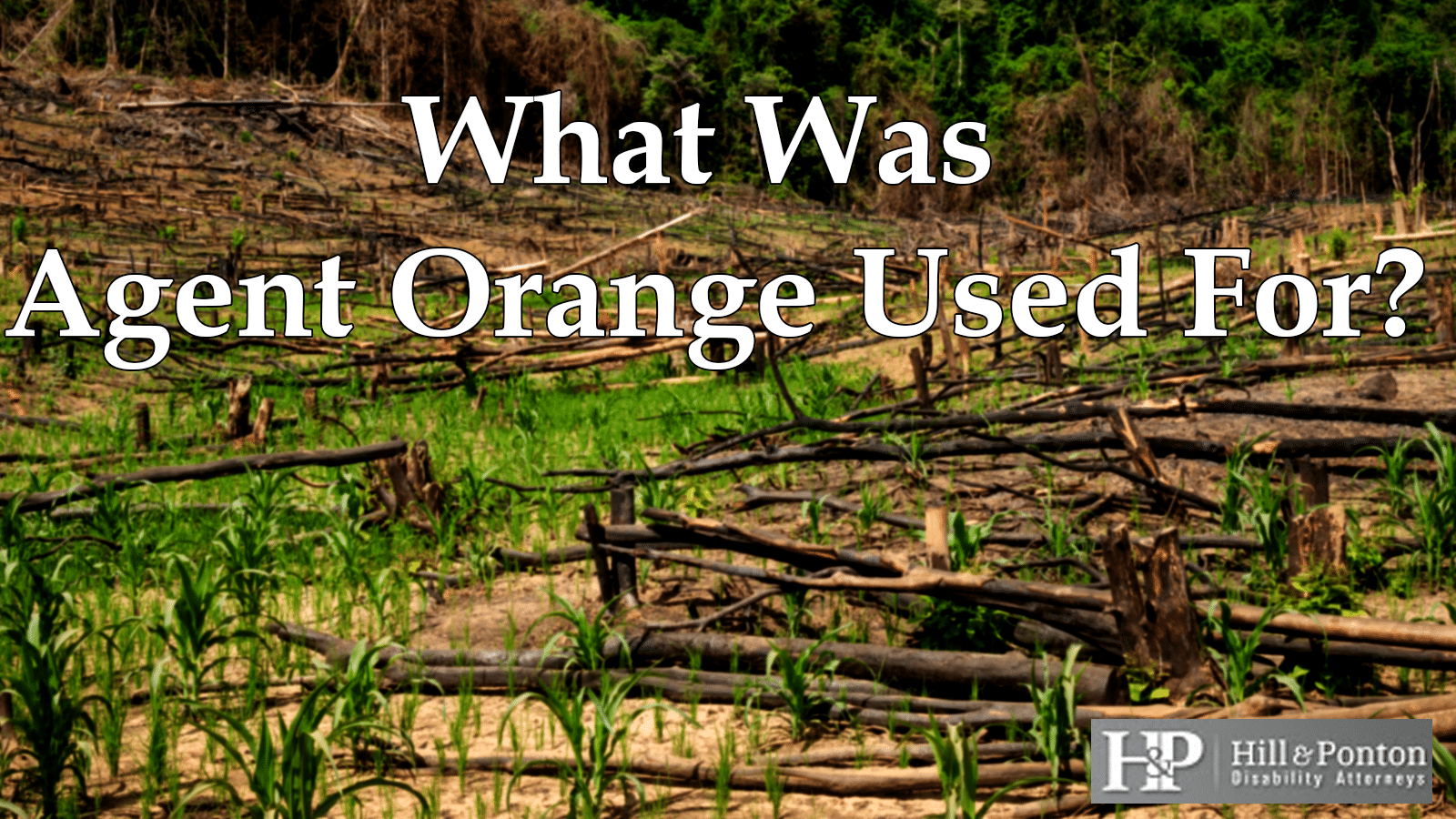


Why Was Agent Orange Used Va Benefits Hill Ponton P A



Agent Orange Was Sprayed In 1970 Over The Cu Chi Tunnels Area To Help Download Scientific Diagram



Toxic Byproducts Of Agent Orange Continue To Pollute Vietnam Environment Study Says Eurekalert Science News



Why Agent Orange



Agent Orange S Lethal Legacy Defoliants More Dangerous Than They Had To Be Chicago Tribune



Agent Orange And Heart Disease Is There A Connection Lowenstein 14 The Faseb Journal Wiley Online Library



Other Herbicides Toxic Effects Flanders Health Blog



How Agent Orange Worked Uat Browser Howstuffworks



Agent Orange Effects And Protests



Roundup Vs Agent Orange More Similar Than You Think Hill Ponton P A



Agent Orange Wasn T The Only Deadly Chemical Used In Vietnam History
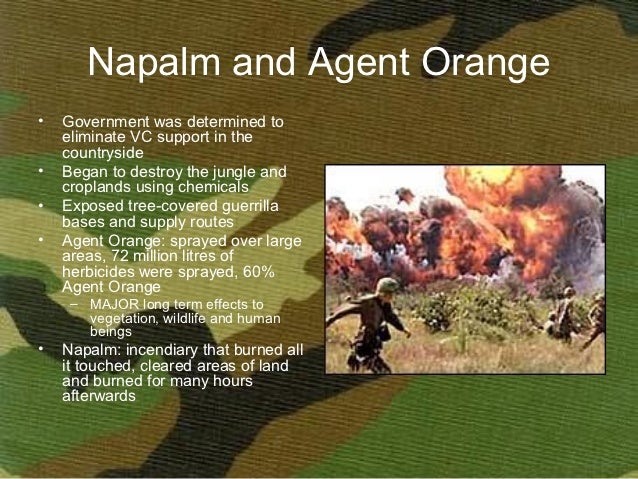


Vietnam War Overview
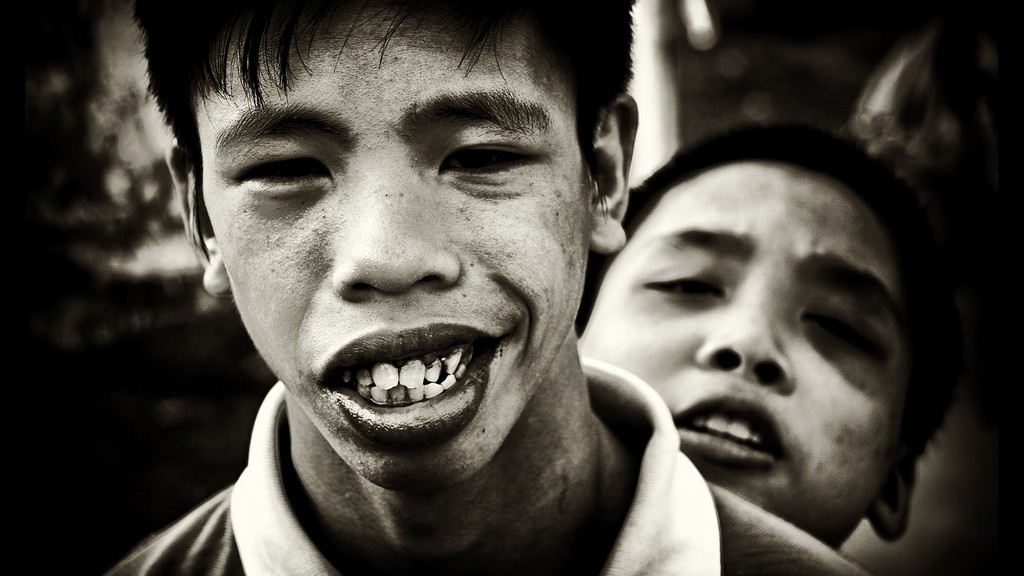


Agent Orange In The Vietnam War The Vietnam War
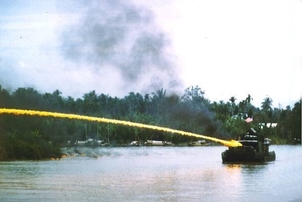


Napalm Agent Orange The Vietnam War



Dow Brings Back An Agent Orange Ingredient For New Gm Plants
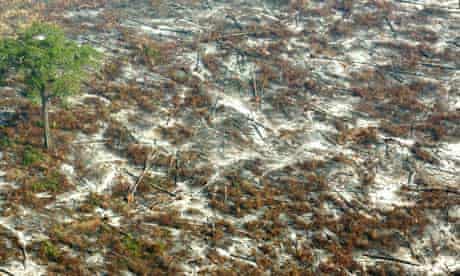


Amazon Facing New Threat Agent Orange Amazon Rainforest The Guardian



Babies In Vietnam Born With Horrific Defects 40 Years Since Agent Orange Daily Mail Online



Agent Orange Effects Being Seen In Grandchildren Of Vietnam War Veterans



Defoliation
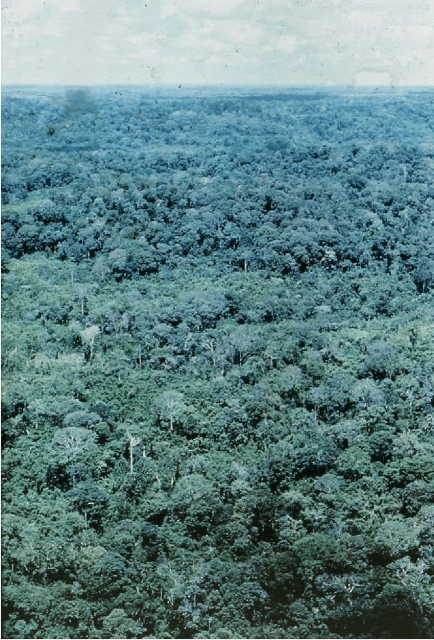


Agent Orange Its Effects Still Haunt Veterans Their Children Today Fascinating Images



Agent Orange History


Agent Orange



Why Agent Orange



History Ii By Deja Souvannasy



Agent Orange Definition Effects Victims Britannica



Agent Orange On Okinawa New Evidence Japanese Translation Available The Asia Pacific Journal Japan Focus



Why Was Agent Orange Used Va Benefits Hill Ponton P A
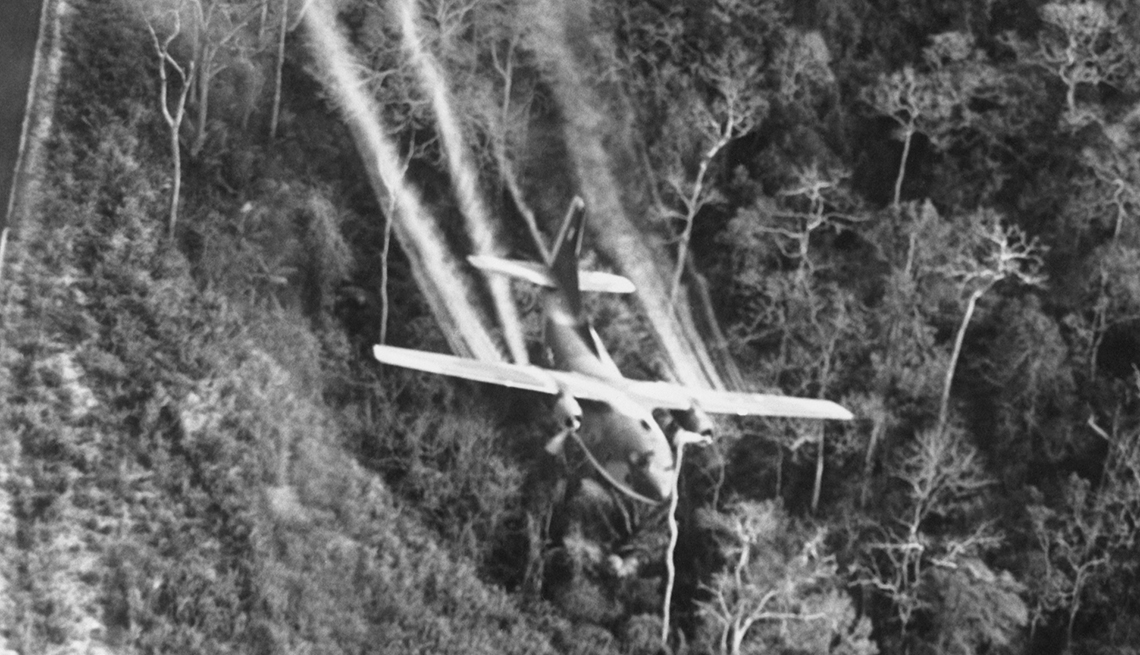


Veterans Survivors Unaware Of Agent Orange Benefits



The Lethal Legacy Of The Vietnam War Food And Environment Reporting Network
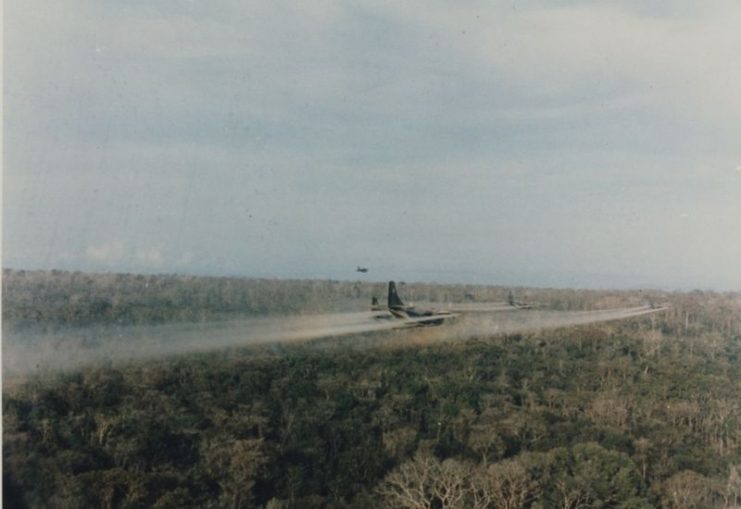


Agent Orange Its Effects Still Haunt Veterans Their Children Today Fascinating Images



Agent Orange Wikipedia



Agent Orange S Continued Legacy In Cambodia And Laos The Atlantic



How Vietnam Is Recovering From The Effects Of Agent Orange



Gvietnames People Mensa Agent Orange Wo Only On Plants 7 Will Be Harmed Na Hum Phone 555 It Is Funny Because We Used Agent Orange To Destroy Crops To Cause A Famine


2 History Of The Controversy Over The Use Of Herbicides Veterans And Agent Orange Health Effects Of Herbicides Used In Vietnam The National Academies Press



Environmental Impact Of War Wikipedia
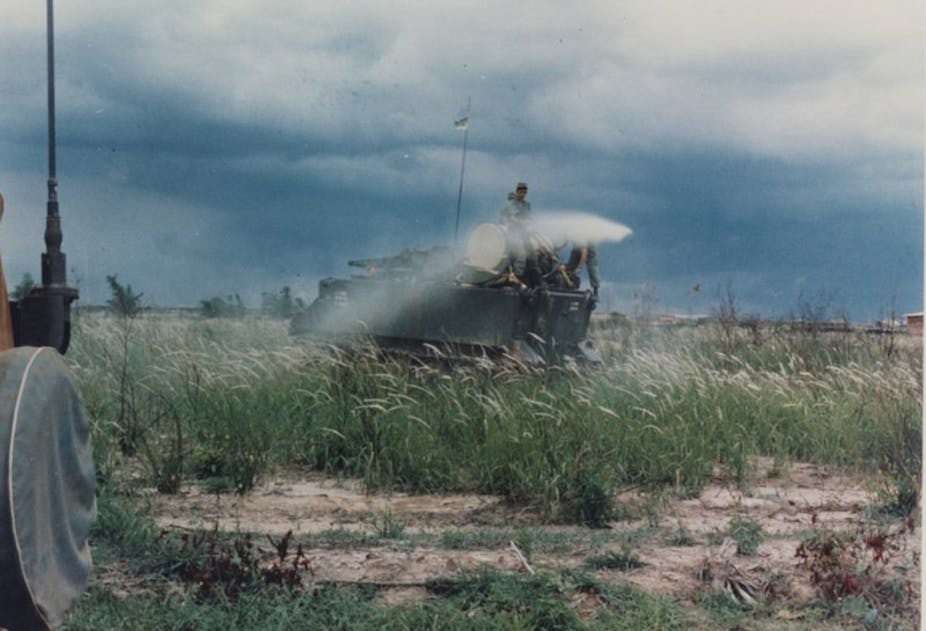


Agent Orange Exposed How U S Chemical Warfare In Vietnam Unleashed A Slow Moving Disaster


A Chemical Attack That Killed A Countryside Scarred A People Facts So Romantic Nautilus



The Great Glyphosate Debate Articles Features



The Victims Of Agent Orange The U S Has Never Acknowledged The New York Times
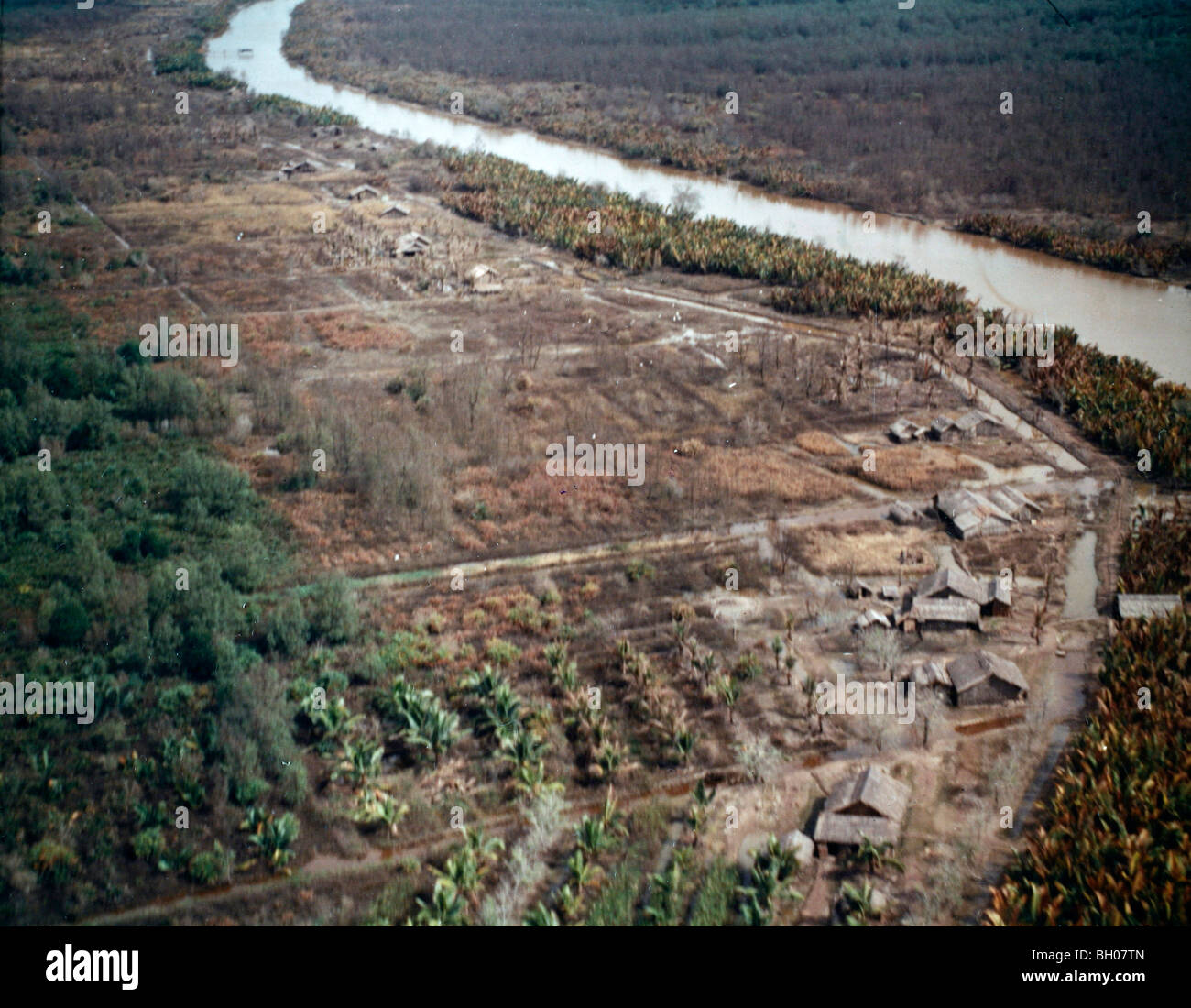


Photo Depicts Deterioration Of Vegetation Likely Caused By Agent Orange Or A Similar Defoliant Used During The Vietnam War Stock Photo Alamy



How Did The Passaic River A Superfund Site Near Newark New Jersey Become An Agent Orange Dioxin Tcdd Hotspot Journal Of Soil And Water Conservation



Nature 50 Years After The Us Army Sprayed Agent Orange Over Vietnam The Wildlife Is Fighting Back The Sunday Times Magazine The Sunday Times



32 Damaged By The War Who S Responsible For It Ideas Agent Orange War Vietnam War



Plant Hormones Advanced Ck 12 Foundation



Agent Orange Continues To Pollute Vietnam Environment Study Finds


Effects On Environment Defoliants Used During The Vietnam War
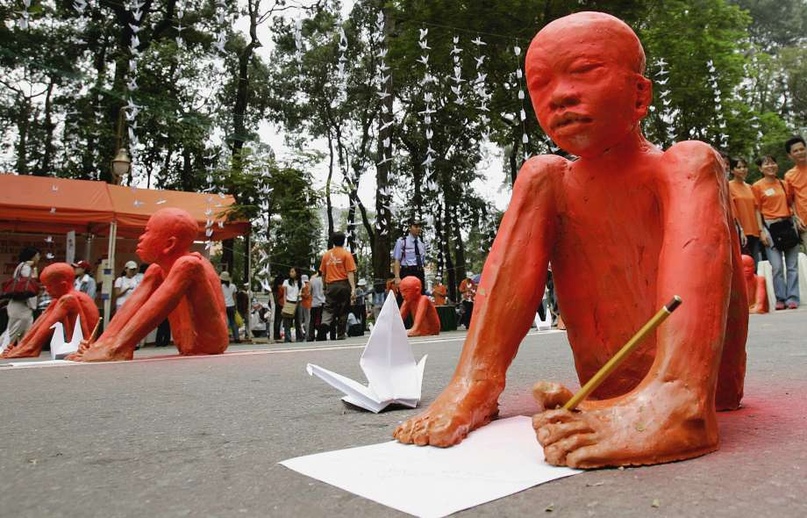


Toxic Byproducts Of Agent Orange Still A Hazard For Vietnam Orissapost



Agent Orange Education Campaign Vva Chapter 528


Agent Orange Humans Body Used Water Life Plants Type Chemical
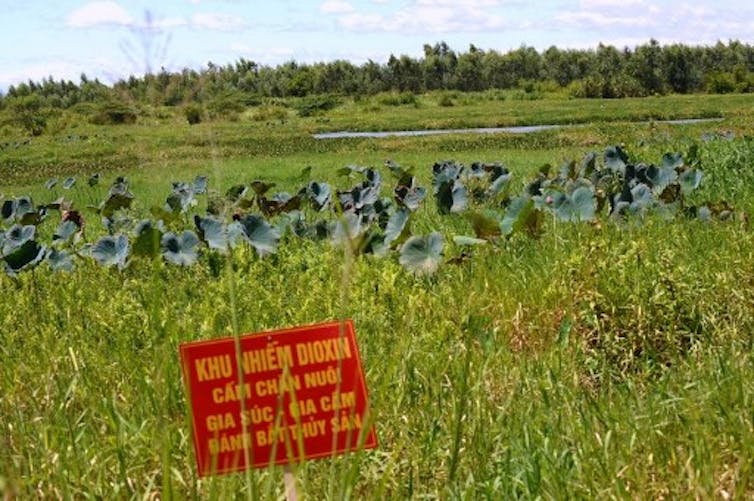


Agent Orange Exposed How U S Chemical Warfare In Vietnam Unleashed A Slow Moving Disaster
/war-5c3c99f9c9e77c0001c7b65a.jpg)


The Effects Of War On The Environment
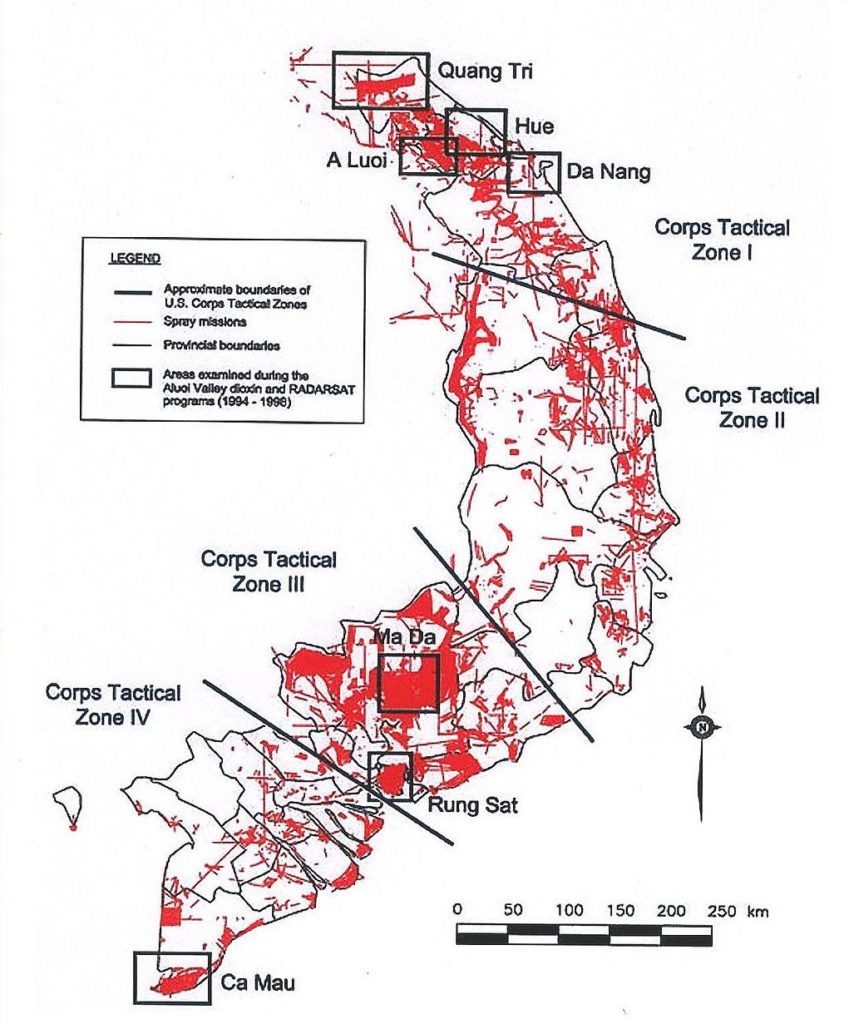


4 4 The Use And Effects Of Agent Orange In Vietnam Environmental Sciencebites
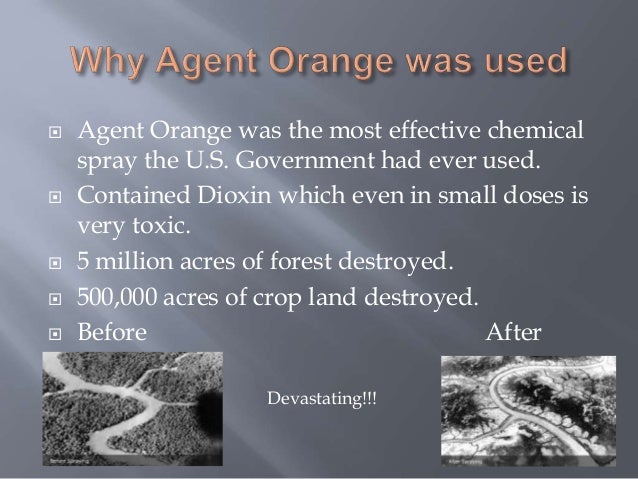


Agent Orange And Its Devastating Effects
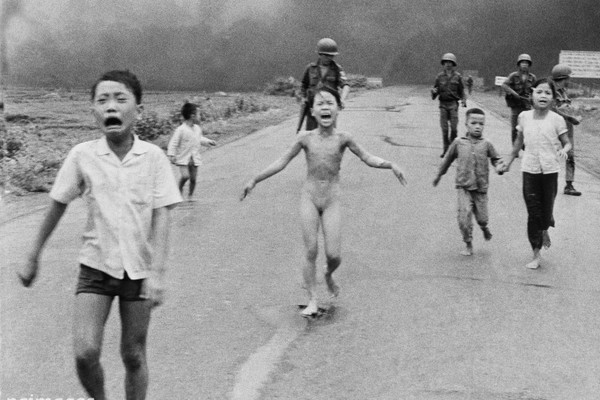


The Us Is Helping To Clean Up Agent Orange Residue 50 Years Since The Vietnam War


Agent Orange a Chemistry



Can The Agent Orange Act Help Veterans Exposed To Mustard Gas Npr



File Ranch Hand Defoiliation Effects On Vegetation In Vietnam Jpg Wikimedia Commons
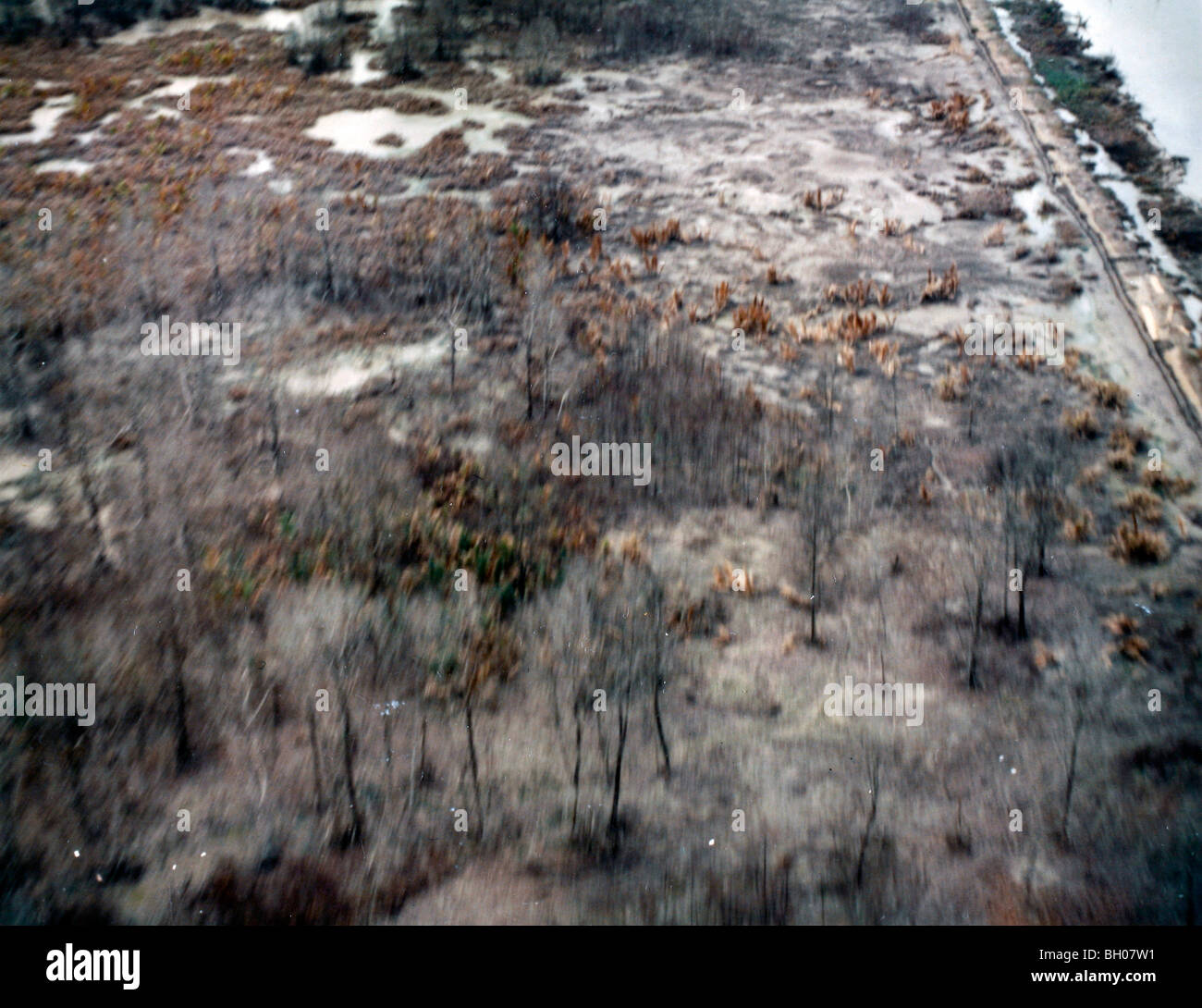


Photo Depicts Deterioration Of Vegetation Likely Caused By Agent Orange R A Similar Defoliant Used In Vietnam Stock Photo Alamy
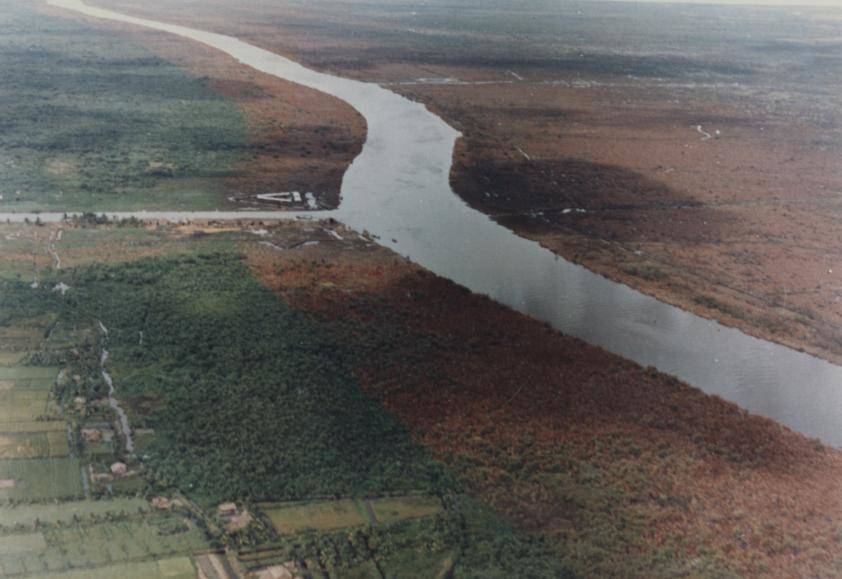


Agent Orange Victims Then And Now In 24 Disturbing Photos
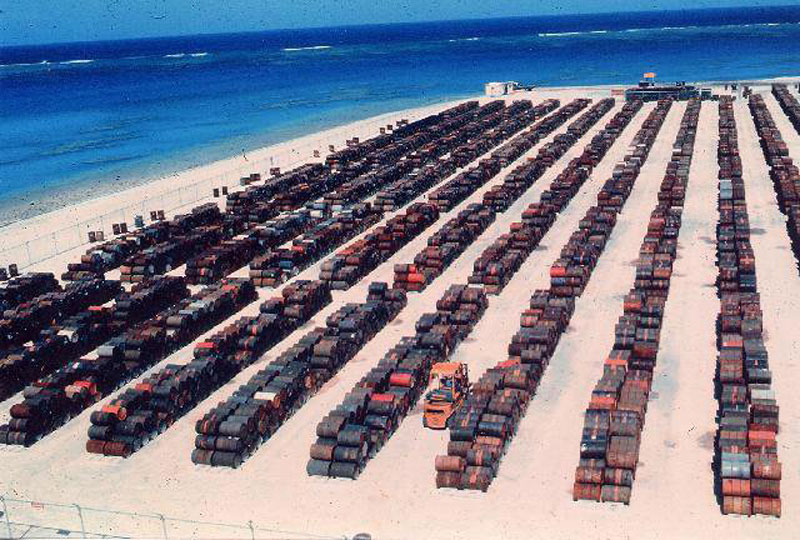


Herbicide Tests Usage And Storage Outside Of Vietnam Vetshq
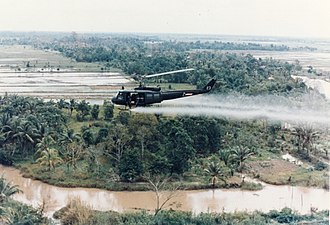


Agent Orange Wikipedia



Exposure To Agent Orange A Case Of Ecocide Vietnam Ejatlas



Why Agent Orange



Brazil Ranchers Using Agent Orange To Destroy The Amazon Rainforest Desdemona Despair
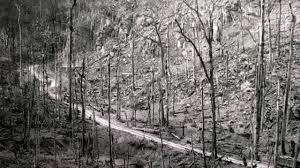


Effects Of Agent Orange



How Agent Orange S Toxic Legacy Lives On Today Southeast Asia Globe
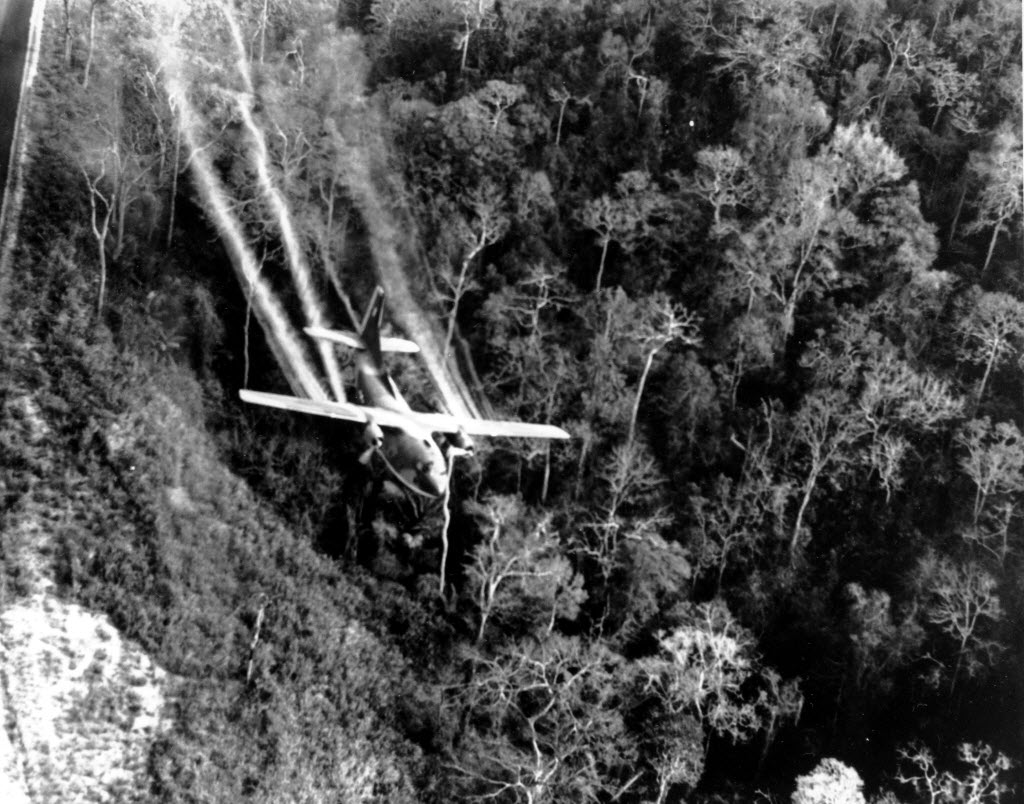


Some Vietnam Veterans Are Just Now Experiencing The Effect Of Agent Orange
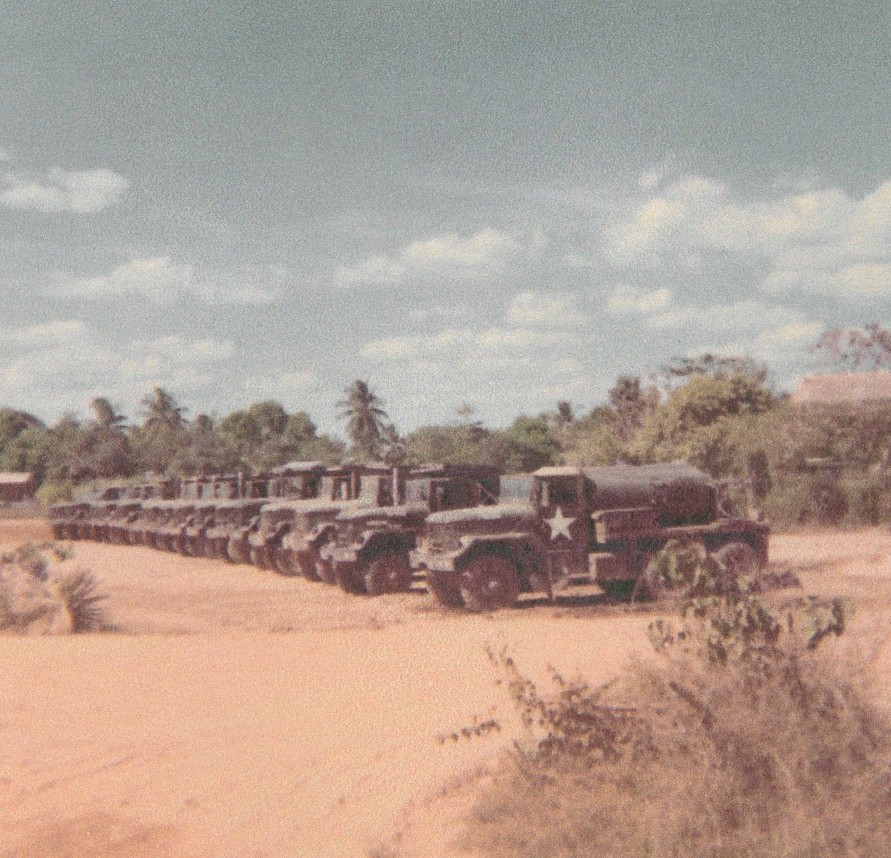


Westin S 553rd Recon Wing Batcat Page Ec 121r And Korat Page



Agent Orange Exposure Fairness Act Congressman Joe Courtney



Waiting For An Army To Die The Tragedy Of Agent Orange Wilcox Fred A Amazon Com Books



0 件のコメント:
コメントを投稿